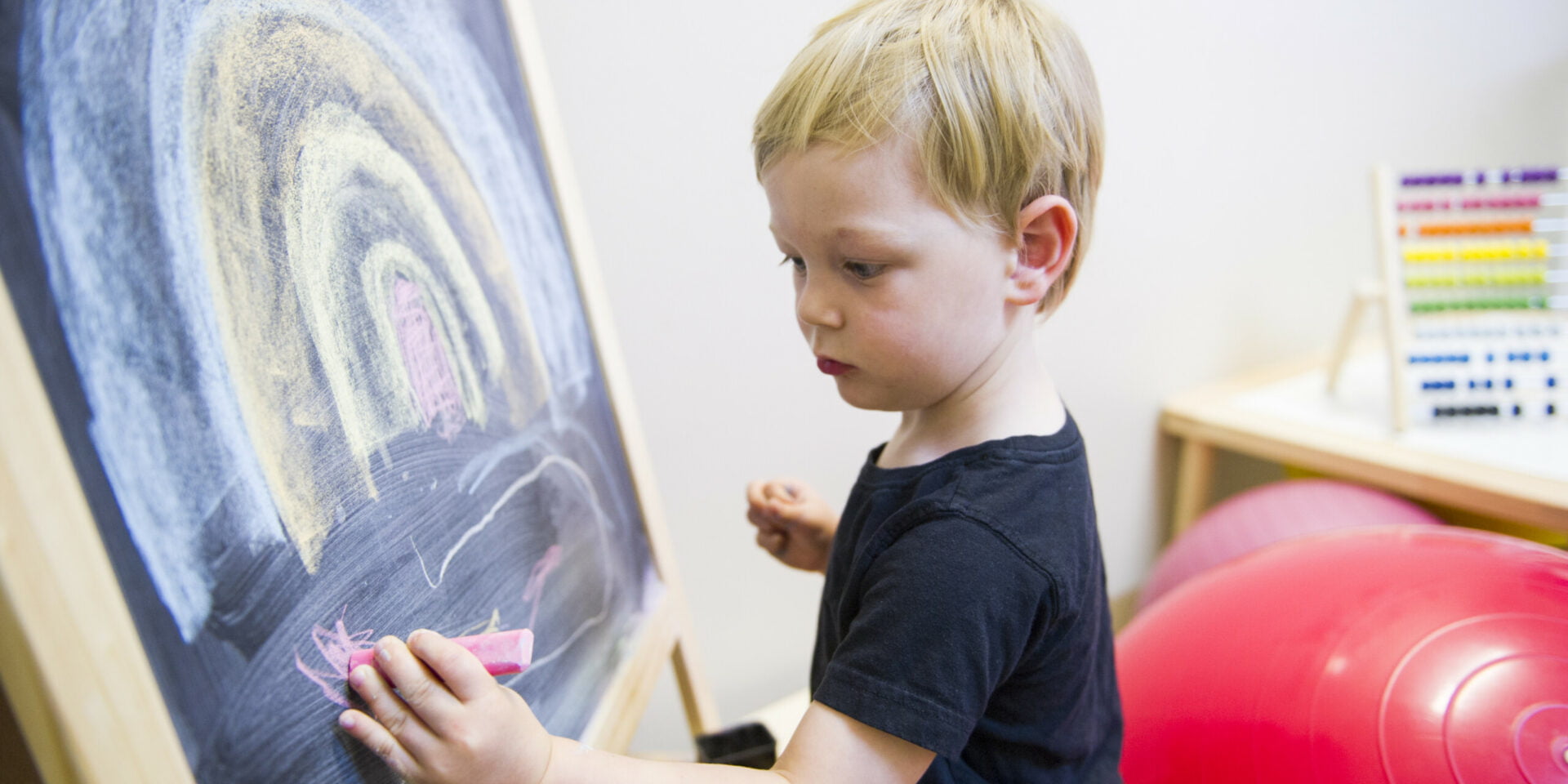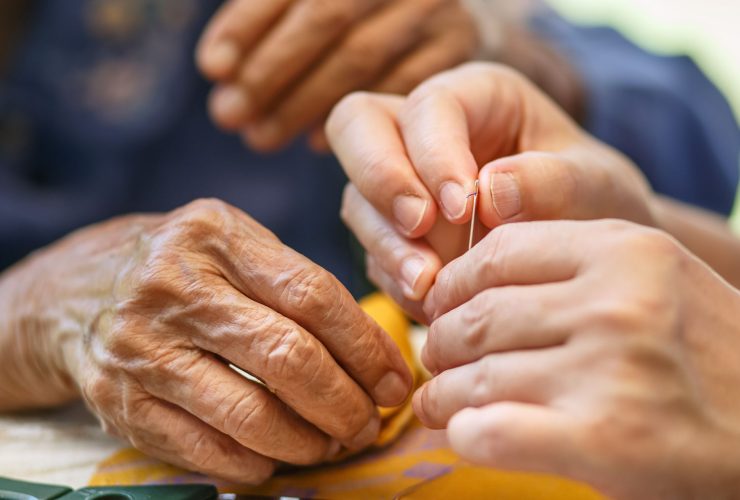CO-OP Approach – another tool in our OT toolbox
At Adaptability Therapy, we strive to ensure our therapists are providing up to date and evidence based therapies. Our team of paediatric Occupational Therapists have recently taken part in training for the CO-OP Approach – Cognitive Orientation to daily Occupational Performance Approach (CO-OP; CO-OP ApproachTM). Dr Charmaine Bernie travelled up from the Gold Coast to spend a couple of days with us, imparting her extensive knowledge on this evidence based therapy approach.
Over the course of two days our OT’s absorbed the theory supporting this approach and had a chance to be involved in practical scenarios, where we had the opportunity to teach new skills using this enabling framework. The CO-OP approach feels natural and well aligned with core OT values of being client centred and goal directed.
Why CO-OP?
CO-OP is a performance-based treatment approach for children and adults who experience difficulties performing the skills they want to, need to or are expected to perform. CO-OP is a specifically tailored, active client-centred approach utilising executive functioning skills to solve performance problems. Focused on enabling success, the CO-OP ApproachTM employs collaborative goal setting, dynamic performance analysis, cognitive strategy use, guided discovery, and enabling principles.
As OTs we focus heavily on independent participation in tasks to foster learning and achieve independent function. We don’t just want to teach someone how to do one task, we want them to develop the skills to learn how to approach a multitude of unknown tasks and have the internal skills and self-belief to be able to work things out on their own. CO-OP provides a framework that enables us to do just that, and we were delighted to see the solid evidence that underpins this approach.
At Adaptability Therapy we utilise a variety of models and modes of treatment to guide our therapy. By having a variety of these at our fingertips, we can tailor make a therapy programme that meets the needs of the children that we see, as effectively as possible. It enables us to individualise treatment plans and be creative to get positive outcomes for our clients and help them achieve their goals.
CO-OP adds another tool to our OT toolbox and an overarching framework that we can utilise as a direct therapy or as a complement to our current therapeutic interventions. The principles of skill
acquisition, development of cognitive strategies, generalisation of skills and strategies to everyday life, and transfer of learning to new skills and contexts, sit neatly in our aspirations for our clients.
By supporting problem solving, trial and error, and creativity, within a real life situation, we can enable children to develop lifelong skills that can be transferred to different situations and environments promoting functional independence, self-efficacy and confidence.
Skills such as putting on shoes and tying shoelaces by the front door, developing handwriting skills in school or riding a bike in the park for 50 meters, can be achieved in as little as 8-10 sessions.
What does CO-OP involve?
The aim is to guide the child to independently discover and develop their own strategies to carry out the task- as opposed to directly teaching them. The child learns a four step strategy;
- Goal – What do you want to achieve?
- Plan – How are you going to do it?
- Do – Just do it! Carry out the plan.
- Check – How well did the plan work?
The child is encouraged to define each of these steps and then we use simple examples to demonstrate how the strategy works. This ‘global strategy’ is designed to support the child in the acquisition of many new skills –essentially the aim is to teach the child how to learn new skills and problem solve independently. The child learns quickly that when they are unsuccessful with a task it is the plan that has failed and not them- they simply need a new plan. It encourages the child to self-evaluate and create their own way of completing a task they are struggling with.
Who can CO-OP work for?
Whilst the original research into this approach was done with children with a Developmental coordination disorder (DCD) diagnosis, further research has occurred and demonstrated excellent outcomes for clients with the following diagnoses:
- Developmental coordination disorder (DCD)
- Acquired brain injury (ABI)
- Autism spectrum disorder (ASD)
- Attention deficit hyperactivity disorder (ADHD)
- Cerebral palsy
- Developmental disabilities
- Dyslexia
- Childhood-onset hyperkinetic movement disorders including dystonia
- Older healthy adults with cognitive complaints
- Stroke
- Traumatic brain injury (TBI)
Adaptability Therapy’s team of Occupational Therapists use a wide variety of approaches to support clients to achieve their goals. To find out more or check the availability of a therapist in your area, get in touch with our friendly team.


